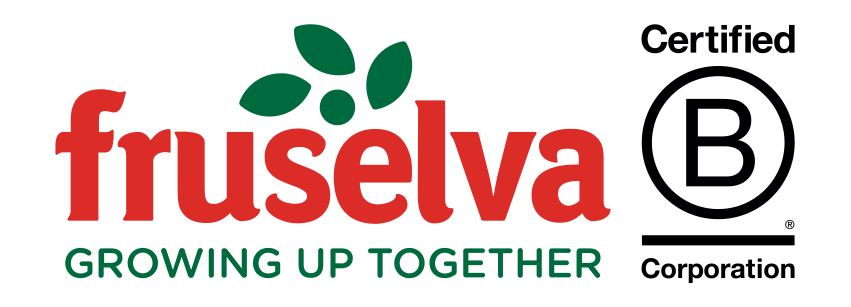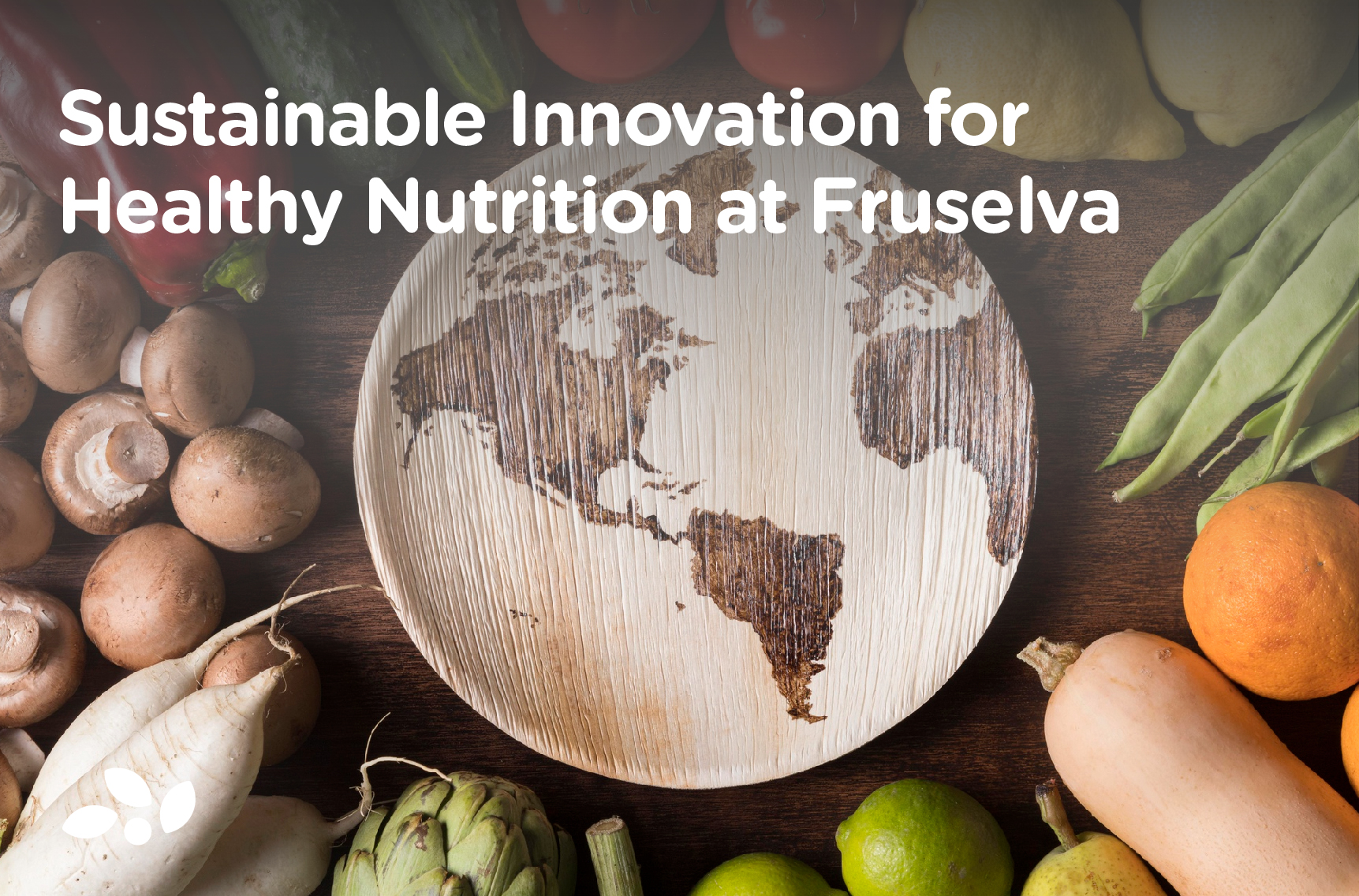The distribution of food resources worldwide is not equitable, whether due to climatic causes—such as droughts, floods, or loss of fertile soils—or sociopolitical factors, such as armed conflicts, economic inequalities, or lack of adequate infrastructure. This situation generates significant differences in access to sufficient, safe, and nutritious food across different regions and populations. In the face of this challenge, sustainability and innovation emerge as key tools to guarantee the supply of necessary resources, adapting solutions to the specific conditions of each geographic area.
Sustainability is defined as the goal of ensuring the well-being of present generations without compromising the ability of future ones, seeking a balance between society, economic development, and environmental conservation. It is divided into three fundamental and interconnected pillars:
- Environmental: management of resources in productive activities.
- Economic: use of profitable practices.
- Social: vital, healthy, and stable development of society.
The balance between society, economy, and environment reflects the essence of these interconnected pillars, which encompass multiple SDGs (Sustainable Development Goals). The SDGs are 17 global goals promoted by the UN to eradicate poverty, protect the planet, and ensure prosperity for all. The climate crisis and extreme events such as torrential rains, wildfires, or biodiversity loss are examples linked to SDGs 13 and 15, which aim to reduce the effects of climate change and protect biodiversity.

In this context, the food industry plays a central role in the transition toward a more sustainable model, since its activity is directly linked to the use of natural resources and consumption patterns of the population. Key practices include: efficient resource use, reduction of food waste, incorporation of recyclable or compostable packaging, adoption of renewable energies in the production chain, and the creation of fairer supply chains that promote local and proximity crops, leveraging native biodiversity. Likewise, it is essential to encourage more balanced, functional, and environmentally responsible diets. All these actions help reduce dependence on large industries and exports, while lowering costs and strengthening food security by creating more resilient and fair food systems, capable of responding to the needs of both present and future generations.
Along these lines, Fruselva’s R&D+i team has directed its projects toward a future that is not only healthier but also more sustainable, taking as reference UN reports such as The State of the World’s Biodiversity for Food and Agriculture and Building Sustainable Food Systems. Among its initiatives are the development of functional foods enriched with fiber or plant proteins derived from by-products, as well as the revalorization of agricultural and processing by-products to give them new uses in the industry (aligned with SDGs 1, 2, 3, 9, 10, 12, and 13).
Moreover, by applying sustainable practices, it is possible to optimize production processes and manage the use of available resources more efficiently. This means that, with a smaller amount of raw materials, energy, or water, greater productivity can be achieved while simultaneously reducing waste and associated costs. This approach not only improves companies’ profitability but also directly impacts the final price of products. By minimizing expenses and maximizing efficiency, the resulting products become more accessible to consumers. In this way, the economic barrier that often prevents access to adequate nutrition is broken.
At Fruselva, we are committed to sustainability and to generating a positive impact on both society and the environment. As part of this commitment, since 2024 we have been part of the B Corp movement, a global network of companies that meet high social and environmental standards, ensuring that our decisions benefit workers, communities, and the planet. Obtaining B Corp certification means that our business practices are evaluated comprehensively and that we comply with demanding criteria. In addition, we renew our adherence every year to the UN Global Compact, the world’s largest corporate sustainability initiative. Through this, we align our operations with universal principles on human rights, environment, labor, and transparency, also contributing to the SDGs.
In this way, at Fruselva we not only produce healthy foods but also take an active responsibility in the transformation toward a more conscious business model, where economic growth goes hand in hand with social well-being and respect for the natural environment.
References
- United Nations. (n.d.). Sustainable Development Goals. Web https://www.un.org/sustainabledevelopment/es/objetivos-de-desarrollo-sostenible/
- UN Global Compact. (2025). Sustainability: the only bet for the future. UN Global Compact. Web https://www.pactomundial.org/noticia/sostenibilidad-la-unica-apuesta-por-el-futuro/
- FAO. (2019). The State of the World’s Biodiversity for Food and Agriculture. Food and Agriculture Organization of the United Nations. Web https://openknowledge.fao.org/server/api/core/bitstreams/50b79369-9249-4486-ac07-9098d07df60a/content
- FAO. (2021). Building Sustainable Food Systems. Food and Agriculture Organization of the United Nations. Web https://openknowledge.fao.org/server/api/core/bitstreams/19932b05-e25e-40e0-bdfe-ddca4ef902c3/content



